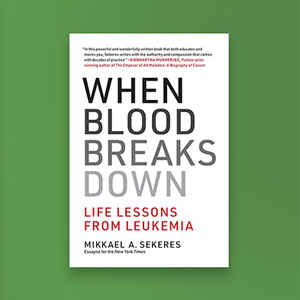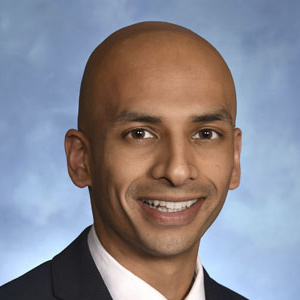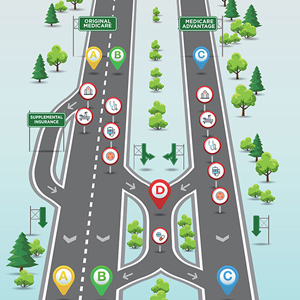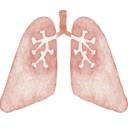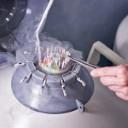-
Healthy Habits
Ripe for the PickingAwareness of the link between cancer risk and a diet lacking fruits and vegetables has been declining.
by Carisa D. Brewster
-
Get Involved
Patients With PetsA helping hand for pet owners receiving cancer treatment.
by Jackie Oshiro
-
Q&A
The Lost Poetry of Patient StoriesMedical histories capture a vital snapshot of a patient's health status. In his new book, hematologist-oncologist Mikkael A. Sekeres provides a richer narrative.
by Marci A. Landsmann
-
Sound Advice
Fall 2020vol 10 | issue 03
Experts offer advice on making caregiving work, the challenges of telemedicine, and absent friends. -
Learning Medicare’s ABCDs
Medicare was established to help provide affordable health care coverage for older Americans. But Medicare beneficiaries with cancer can still face financial burdens related to their care.
by Kate Yandell
-
Planning to Survive
Survivorship care plans can prepare cancer patients to get the best medical care and maintain their quality of life following treatment.
by Carly Flumer
-
Targeted Therapy for Early-Stage Lung Cancer?
A trial of the targeted therapy Tagrisso (osimertinib) for early-stage lung cancer finds that patients who take it go longer without having a cancer recurrence. Whether that should change clinical practice is under discussion.
by Ashley P. Taylor
-
A Missed Conversation
Despite national guidelines urging oncologists to bring up risks of infertility posed by cancer treatment, many young cancer patients are never told about these risks or counseled on their fertility preservation options.
by Marcus A. Banks
-
The Return to Work
What happens if your workplace reopens before you're ready to return or you're an essential worker? For some people who have been diagnosed with cancer, accommodations may be possible.
by Jen Tota McGivney
-
A Delicate Balance
Cancer patients with chronic pain and the physicians who treat them strive to address pain while avoiding potential opioid abuse and addiction.
by Charlotte Huff
Cancer Talk
Connecting More Patients to Cancer Clinical Trials
AACR conference brings experts together to discuss strategies to reach people historically left out of cancer research.
by Eric Fitzsimmons
Treatment Combination Improves Survival in EGFR-positive Lung CancerAdding chemotherapy to targeted therapy improves outcomes for people with advanced EGFR-positive non-small cell lung cancer.
by Sandra Gordon
Lessons From 20 Years Living With CancerMultiple myeloma survivor Jonathan Gluck reflects on uncertainty, and the scientific progress that has kept him living with cancer for more than two decades.
by Eric Fitzsimmons
The Enduring Importance of Cancer Disparities ResearchOpening session from AACR conference highlights how perseverance and adversity have informed cancer disparities research over the years.
by Eric Fitzsimmons





